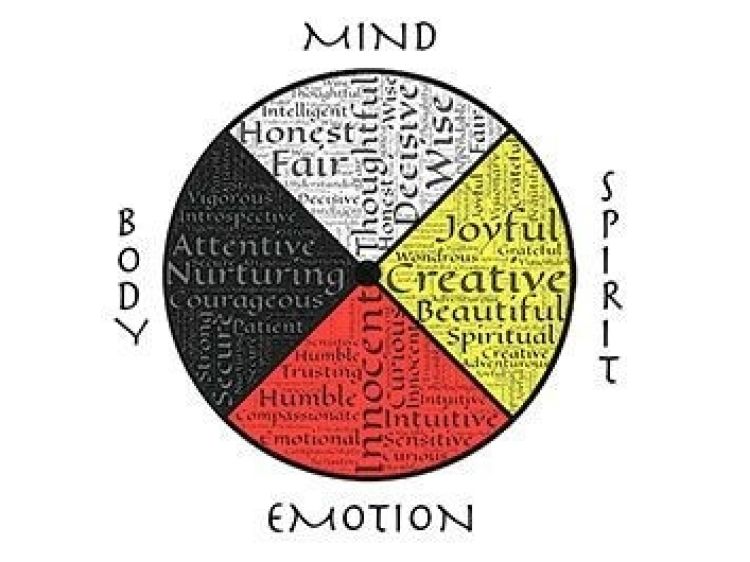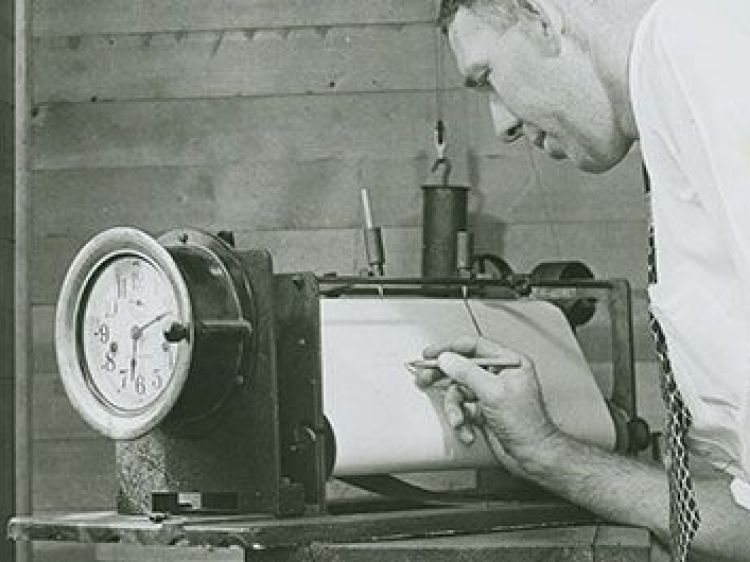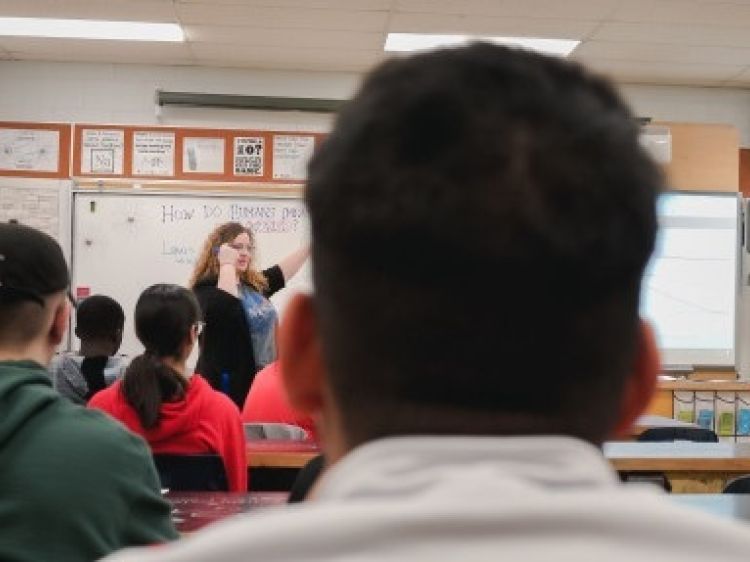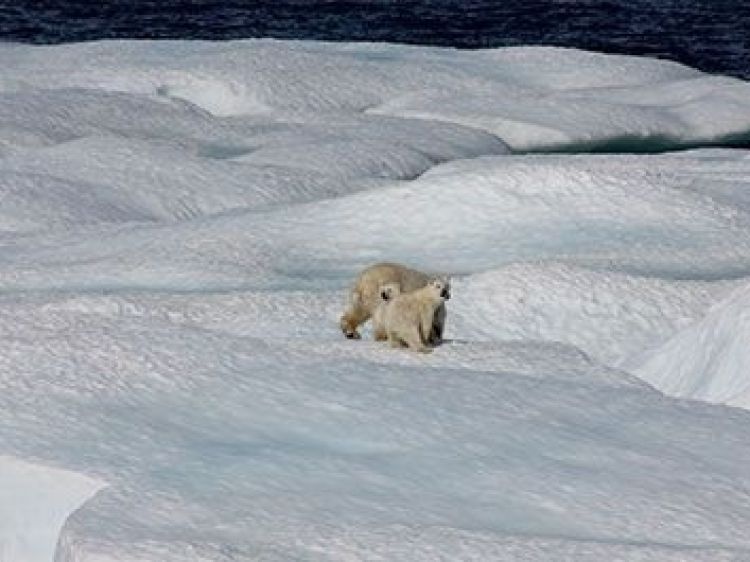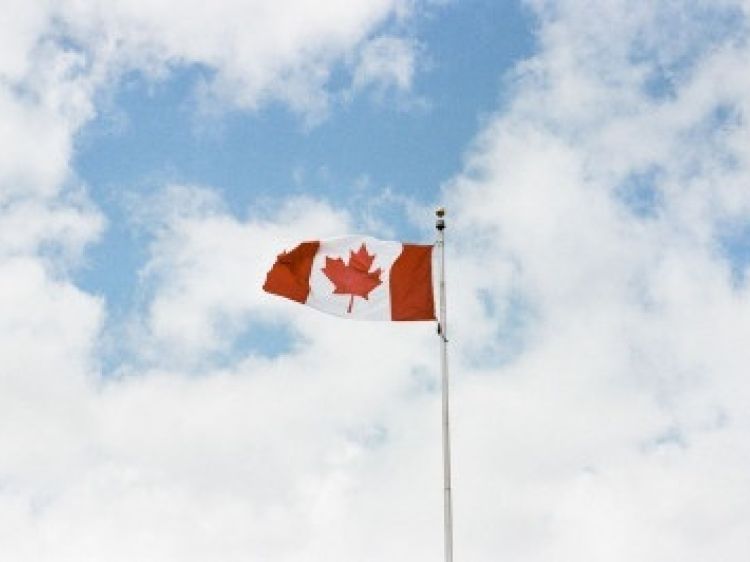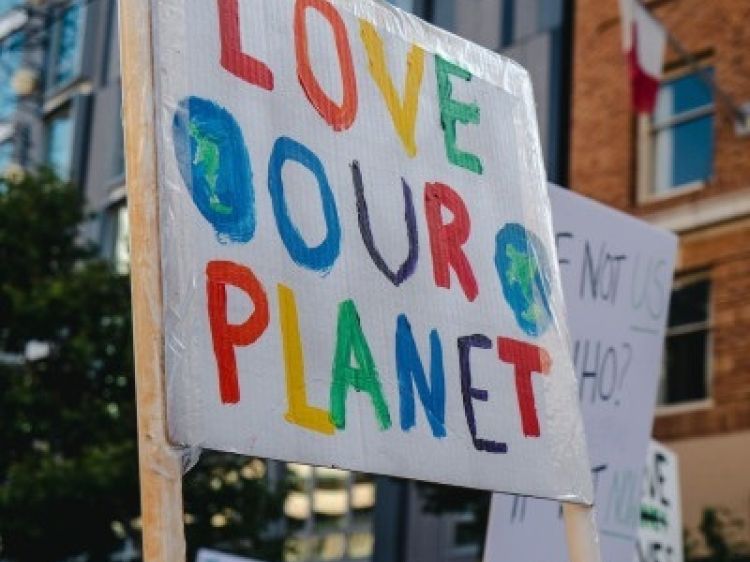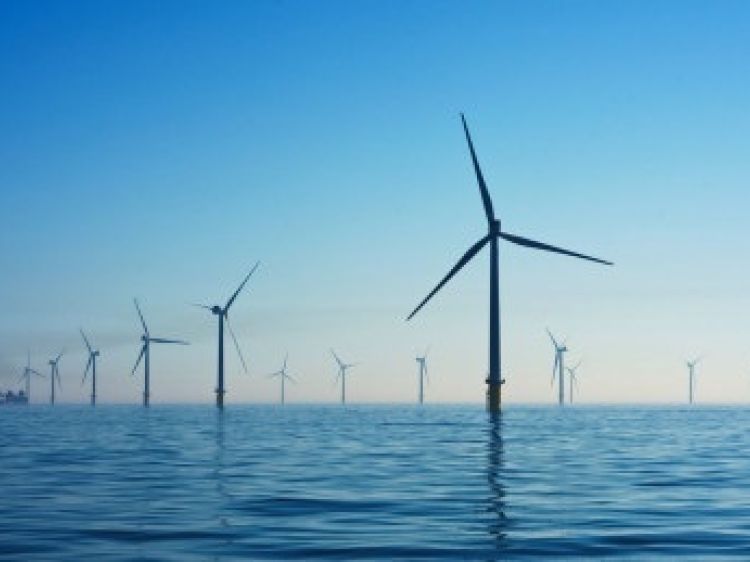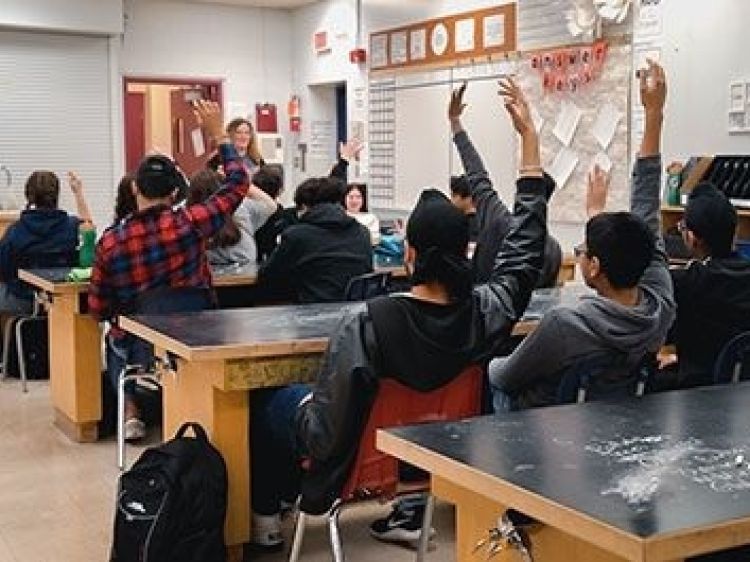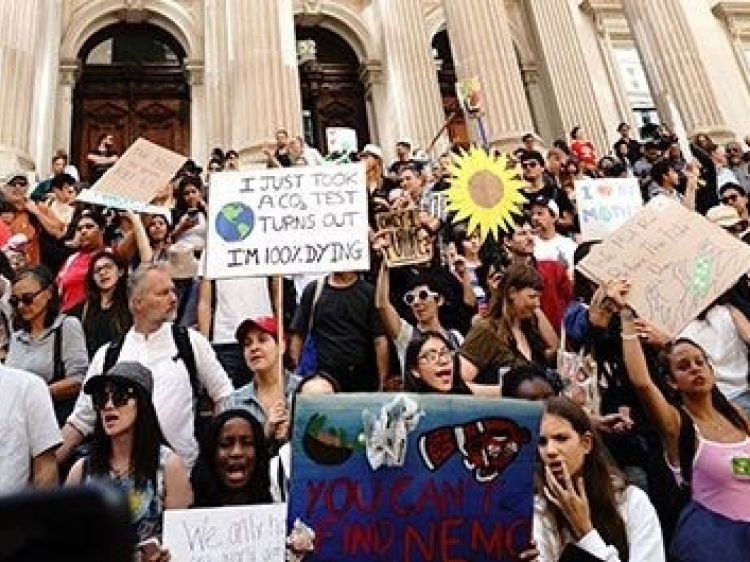Climate Change Policy and Indigenous Relations
["Learners will understand policy in the context of Indigenous relations","learn about Indigenous youth engagement and empowerment in shaping a low carbon future and discover the medicine wheel."]
Climate Policy Options
["Learners will explore different climate policy options and their co-benefits and tradeoffs. Learners will understand how climate policies have been implemented in different jurisdictions","and the successes and challenges in implementation."]
Evolution of Climate Science
Learners will explore the evolution of climate science. They will learn about key events in the history of climate study and explore the debate around climate science denial.
Exploring the Need for Climate Policy - Decoding Carbon
Learn about the concept of externalities, market failures and need for government intervention. Understand how climate change is a negative externality, and explore the need for sustainable economic growth.
Global Impacts of Climate Change
Learners will explore the impacts of climate change in Canada and around the world. Learners will learn about the predicted impacts under different temperature increase scenarios.
How Does Canada Contribute to Global GHG Emissions?
["Learners will understand Canada’s historic and current emissions relative to other countries. They will explore and answer the question: “Considering Canada’s emissions relative to other countries","why should Canada act on climate change?\""]
How is Climate Change Shaping this World?
["Starting from a global overview","to a national","and then to a local perspective","learners will explore and understand the effects of the climate change crisis from different perspectives."]
Market Failures: What Role Can Policy Play in Building a Low Carbon Future?
["Learners will learn about what climate policy is","understand how policy can regulate negative externalities in a market","and learn about Canadian climate policies and laws."]
The Negative Externalities Game: Collective Action to Address Climate Change
Learners will understand the concept of negative externalities and climate change as a negative externality. They will explore the need for government intervention and collective action to address a climate change.
What Makes a Good Climate Change Policy?
["Learners will understand the difference between policy","legislation","and regulations. They will learn about how policy must meet many bureaucratic and financial requirements","in addition to balancing competing interests."]





